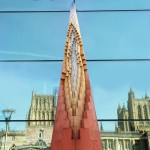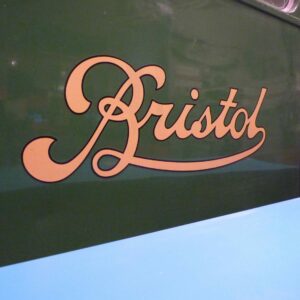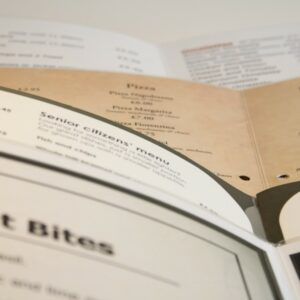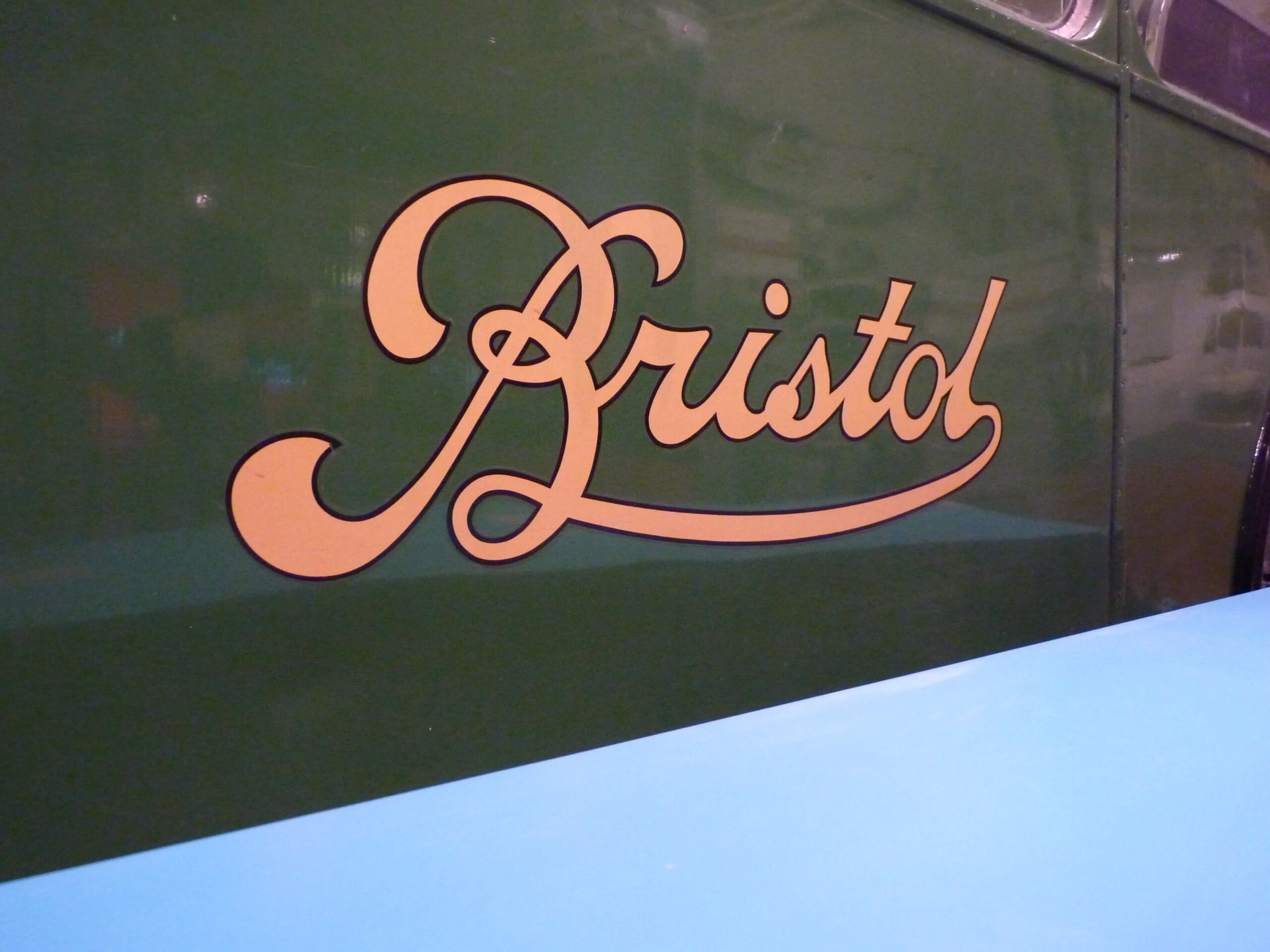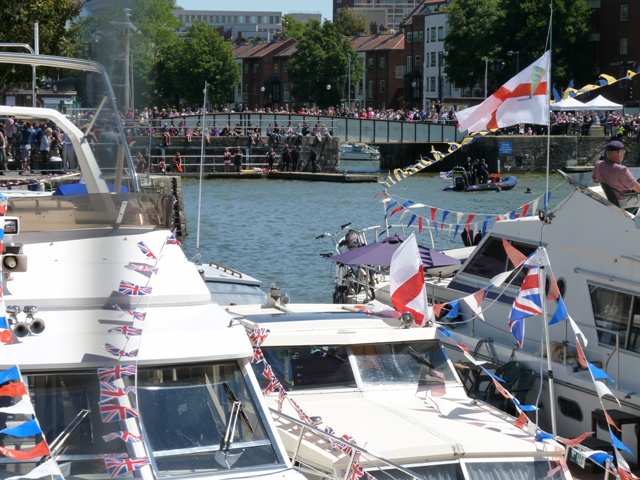Paul Dirac, Nobel Prize winner and famous theoretical physicist, was born in 1902 in Bishopston, Bristol.
His Swiss father (Charles) and Cornish mother (Florence) met in Bristol when Charles was there teaching French, and Florence was working as a librarian. Paul was one of three children and they were brought up in a very unhappy home. Charles was very strict and controlling; he named their Bristol house after the Swiss Canton where he was born and insisted that only French was spoken at the dinner table (with any grammatical errors being dealt with severely).
While the other children tried French but made mistakes and were banished to the kitchen, Paul’s analytical thought processes were clear even when he was a child; he chose silence and was therefore allowed to eat with his father. In later life, with Bristol behind him and having found success in theoretical physics, Paul told a friend that he had no idea that parents were supposed to love their children – he had assumed his unhappy childhood was normal.
Paul was lucky to have an education at Merchant Venturers’ Technical School in Bristol, where Charles taught French. Unusually for the time, the school had strong links with the University of Bristol and there was a lot of emphasis on science. Had Paul gone to other schools in the city, he would have followed a mostly classical path and the world would have lost a ground breaking theoretician.
After leaving the University of Bristol with a BA in Applied Mathematics, Paul went to St John’s College, Cambridge where he conducted research into general relativity and the new science of quantum physics: a field that remained his interest all his life until his death in Tallahassee, Florida in 1984.



